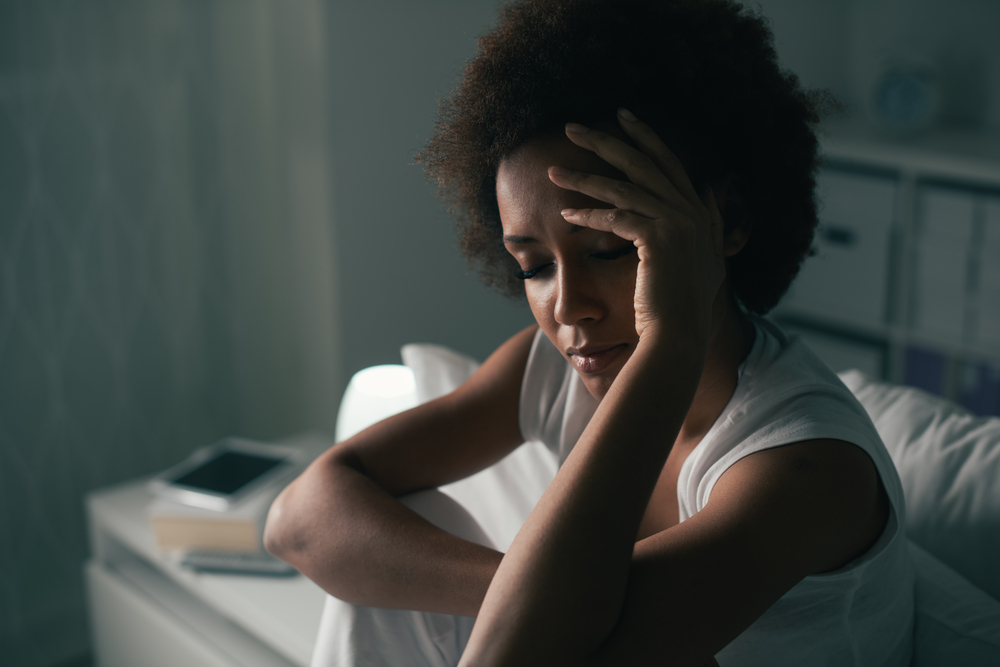Much careless use of medication is rooted in one of two dangerous assumptions. Many people think that any drug prescribed by a doctor must be risk-free (notwithstanding side-effects warnings or the much-publicized wave of prescription opioid addictions). And many others assume that if a drug can be purchased easily over the counter, it must be risk-free. The truth is, every medicine has its dangers, including over-the-counter sleeping pills.
Over-the-Counter Sleep Aids
Consider over-the-counter sleeping pills. Most of these contain 25–50 milligrams of antihistamines, often mixed with other over-the-counter medications such as acetaminophen. Antihistamines can trigger “hangover” drowsiness, dry mouth, nausea, mental confusion—and, especially in children, a burst of “hyper-energy” before the drowsiness effect sets in. Too much acetaminophen can lead to serious liver damage, sensitive skin, and perhaps even blood cancer.
Another chemically manufactured, over-the-counter sleep aid is synthetic melatonin. Not strictly a medicine, but a supplement to the body’s natural melatonin supply, this hormone helps recalibrate the sleep-wake cycle in cases of jet lag. However, many doctors believe it can also have negative effects on reproductive hormones.
Many other “sleeping pills” are based on herbal folk remedies. These pills are commonly touted as “natural treatments,” but “natural” doesn’t guarantee “risk-free” either. For one thing, most herbal pills are not subject to FDA regulation, meaning that even on a drugstore shelf, they may contain hidden impurities. In any case, herbal supplements are entirely capable of generating unpleasant and perhaps dangerous side effects. Valerian root, for instance, has been tied to nausea, nightmares, dizziness, and brain fog—and to withdrawal symptoms if abruptly discontinued after prolonged use.
Additional Dangers of Over-the-Counter Sleeping Pills
If you still feel you could benefit from over-the-counter sleep aids, check with your doctor first even if you can buy the pills in any drugstore, and especially if you even suspect you may have a chronic health condition such as glaucoma, asthma, or liver disease.
Review ingredients and warning labels before you do take anything, and follow instructions carefully, especially in regard to not taking the pills with alcohol or other drugs. And don’t forget to stick to recommended dosage: overdose, sometimes including seizures or other seriously dangerous effects, happens with over-the-counter as well as prescription sleeping pills. (The temptation to take extras can be powerful since tolerance builds up quickly with most antihistamine-based pills, causing “regular” doses to lose their effect.)
Finally, someone who regularly relies on pills to relieve insomnia may be treating a symptom at the expense of recognizing a serious underlying problem (such as sleep apnea, anxiety disorder, or stimulant addiction) that needs medical treatment. Sleeping pills of any type were never intended as long-term treatments in any case. If you have sleep difficulties almost every night, continued use of pills is not the answer: see a doctor to get to the root of the problem.
What to Do About Chronic Sleep Problems
With or without underlying medical issues, the best ways to improve sleep sans pills are:
Create the right bedroom atmosphere. It’s easiest to fall asleep in a room that is uncluttered, 65 to 70 degrees Fahrenheit, and closed off from light and noise. It’s also helpful to do your work, reading, and TV viewing in other rooms, so your brain will learn to associate the bedroom with sleep and only sleep.
Cultivate relaxing evening habits. Turn off televisions and other screens a couple of hours before bedtime, slow your physical activity an hour or two before that, eat only light snacks after supper, and avoid drinking anything containing caffeine or alcohol (contrary to popular belief, an alcohol “nightcap” will make it harder to get truly refreshing sleep). Besides eliminating these wakefulness inducers, try to go to bed (and get up) about the same time every day.
Kick the stress-out habit. Everyone experiences an occasional night of lying awake worrying—or in excited anticipation of the next day—but if this happens to you on a regular basis, it’s time to look into counseling, time management, meditation, and other tools for taming anxiety.
Take it easy. Some people are kept awake by worry over their inability to sleep! Don’t obsess over being “a person with insomnia,” and don’t despair if you do everything right and still don’t drop off instantly. Habits, including your brain’s habit of staying awake for long hours, take time to change. With patience and practice, you can learn to find and follow your ideal sleep pattern—without help from any sleeping pill.
Treatment for Addiction to Sleeping Pills in Hemet, California
If someone in your family struggles with addiction to prescription sleeping pills or other drugs, beware of nagging them to “just stop,” which can be dangerous as well as physically and emotionally excruciating. Even with genuine desire to quit, a person needs professional medical treatment and counseling to overcome any substance use disorder. At Hemet Valley Recovery, we offer top-quality hospital-based treatment (customized for individual patients) from detox through rehab. Contact us to learn more!


